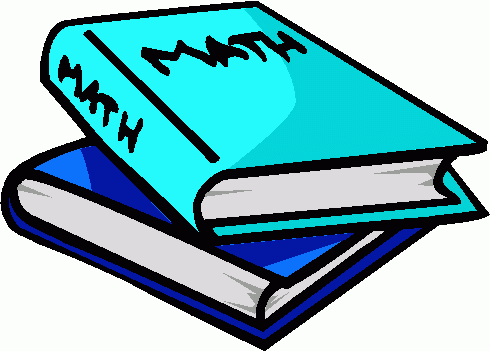Overview: What Are Mechanical Errors? Although many proofreading questions on the English portion of the SAT and ACT are to catch errors in standard English usage, some questions involve errors…
read moreOverview: Sentence Context Adds Power Skilled readers use the powerful tool of sentence context to approximate the meaning of unfamiliar words, when the meaning is not apparent from prefixes, roots,…
read moreVerbs in Review Verbs carry action in sentences, as well as state of being and existence. In order to use them correctly, it is important for subjects and verbs to…
read moreOverview: A Different Style of Reading Reading math questions on the SAT and ACT takes special attention to exact detail, following directions precisely, and watching for key words. It is…
read moreOverview: Why Proportions? Solving proportions is an important math skill, both on tests and in everyday life. In addition, understanding proportions is critical in the sciences, as elements exist in…
read moreOverview: Common Strategies Some math problems on the SAT and ACT present an equation or series, and then give a number of alternative solutions. Like all problems of that type,…
read moreOverview: Using the Test Itself Everyday math homework emphasizes solving the same type of problems over and over again, and following specific steps to solve them. By contrast, the SAT,…
read moreOverview: Error Analysis Essay questions on the SAT or ACT ask students to write on demand. Besides producing essays that are logical, focused, and readable, students are expected to have…
read moreOverview: Comparison and Contrast Prompts Writing prompts on the SAT and ACT may ask students to use a comparison and contrast format to structure their arguments. In that case, it…
read moreOverview: Writing for a Purpose In persuasive writing, the purpose is to influence an audience. Essay prompts that direct students to write to persuade will state the both the issue…
read more






